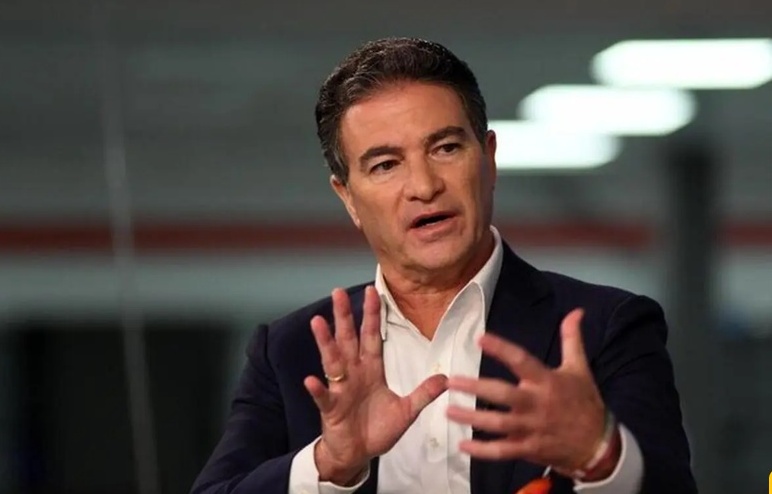SAEDNEWS: Former Mossad chief Yossi Cohen revealed explosive details about Israel’s intelligence failures, claiming Netanyahu is fully responsible for October 7 events and exposing a covert operation that destroyed Iranian nuclear facilities in Natanz.

According to Saed News; Yossi Cohen, the former head of Mossad, has delivered a series of explosive revelations in a recent interview with the Israeli media. Cohen sharply criticized Prime Minister Benjamin Netanyahu, holding him accountable for intelligence and security failures before, during, and after the events of October 7.

Cohen emphasized that Netanyahu must assume responsibility for all decisions surrounding October 7, arguing that accountability cannot begin after a crisis but must be continuous. Cohen also condemned the inefficiency of Israel’s current political and intelligence structures, highlighting internal divisions within the Likud party and the government’s limited consultation with just two ministers.
One of Cohen’s most explosive claims concerned the Natanz nuclear facility in Iran. He alleged that a “balance table” sold to Iran ultimately exploded and destroyed their installations. “How was the sale of such equipment even allowed?” he questioned, pointing to systemic oversights in international transactions.
Cohen disclosed that he had proposed a temporary transfer of one million Palestinians from Gaza to the Sinai Desert to minimize civilian casualties. Despite his efforts to coordinate with Qatar and Egypt, his proposals were rejected, leaving him “stunned” and frustrated. He criticized Israel’s operational approach as overly cautious, noting that his plans to neutralize key targets, including Qassem Soleimani in Syria, were halted due to fear of escalation with Iran.
Throughout his career, Cohen claimed to have innovated intelligence tactics, including the use of “explosive beepers” against Hezbollah and establishing a special operations center to oversee sensitive sales and covert missions. His tenure in Mossad, he said, involved roles ranging from operative to diplomat, philosopher, and businessman, highlighting the complexity of intelligence work.
After leaving Mossad, Cohen turned to business, amassing significant wealth through ventures such as Doral Energy, with projected earnings of $50 million. Despite this, he remains restless and hinted at a possible political return, motivated by a desire to “reform Israel” and serve the public more directly.
Cohen’s revelations provide a rare glimpse into the inner workings of Israel’s intelligence apparatus, the challenges faced during critical operations, and the ongoing debate over accountability in the wake of security crises. His statements regarding the Natanz explosion, Gaza operations, and Netanyahu’s leadership are certain to stir political and public debate within Israel and internationally.

